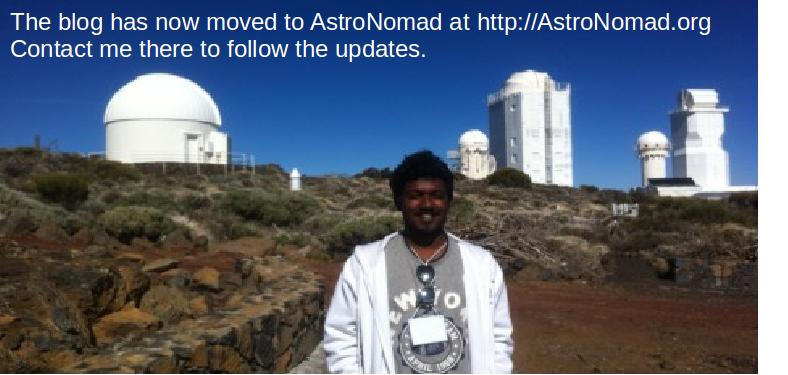Here is some information from his bio, for those who wish to know, [Source: Wikipedia]
Clarke was born in Minehead, Somerset, England. As a boy he enjoyed stargazing and reading old American science fiction pulp magazines. After secondary school and studying at Huish's Grammar School, Taunton, he was unable to afford a university education and got a job as an auditor in the pensions section of the Board of Education.
During the Second World War he served in the Royal Air Force as a radar specialist and was involved in the early warning radar defence system, which contributed to the RAF's success during the Battle of Britain. Clarke spent most of his wartime service working on Ground Controlled Approach (GCA) radar as documented in the semi-autobiographical Glide Path, his only non-science-fiction novel. Although GCA did not see much practical use in the war, it proved vital to the Berlin Airlift of 1948–1949 after several years of development. Clarke initially served in the ranks, and was a Corporal instructor on radar at No 9 Radio School, RAF Yatesbury in Wiltshire. He was commissioned as a Pilot Officer (Technical Branch) on 27 May 1943. He was promoted Flying Officer on 27 November 1943. He was appointed chief training instructor at RAF Honiley in Warwickshire and was demobilised with the rank of Flight Lieutenant. After the war he earned a first-class degree in mathematics and physics at King's College London.
In the postwar years, Clarke became the Chairman of the British Interplanetary Society from 1946-1947 And again from 1951-1953 although he was not the originator of the concept of geostationary satellites, one of his most important contributions may be his idea that they would be ideal telecommunications relays. He advanced this idea in a paper privately circulated among the core technical members of the BIS in 1945. The concept was published in Wireless World in October of that year. Clarke also wrote a number of non-fiction books describing the technical details and societal implications of rocketry and space flight. The most notable of these may be The Exploration of Space (1951) and The Promise of Space (1968). In recognition of these contributions the geostationary orbit 36,000 kilometres (22,000 mi) above the equator is officially recognized by the International Astronomical Union as a Clarke Orbit.
On a trip to Florida in 1953 Clarke met and quickly married Marilyn Mayfield, a 22-year-old American divorcee with a young son. They separated permanently after six months, although the divorce was not finalised until 1964."The marriage was incompatible from the beginning", says Clarke. Clarke never remarried but was close to a Sri Lankan man, Leslie Ekanayake, whom the author called his "only perfect friend of a lifetime" in his dedication to The Fountains of Paradise. Clarke is buried with Ekanayake, who predeceased him by three decades in 1977, in the Colombo central cemetery. In his biography of Stanley Kubrick, John Baxter cites Clarke's homosexuality as a reason why he relocated, due to more tolerant laws with regard to homosexuality in Sri Lanka. Journalists who inquired of Clarke whether he was gay were told, "No, merely mildly cheerful." However, Michael Moorcock has written:
Everyone knew he was gay. In the 1950s I'd go out drinking with his boyfriend. We met his proteges, western and eastern, and their families, people who had only the most generous praise for his kindness. Self-absorbed he might be, and a teetotaller, but an impeccable gent through and through.
Moorcock's assertion is not supported by other reports, although in an interview in the July 1986 issue of Playboy magazine, Clarke stated "Of course. Who hasn't?" when asked if he had had bisexual experiences.
Clarke also maintained a vast collection of manuscripts and personal memoirs, maintained by his brother Fred Clarke in Taunton, Somerset, England, and referred to as the "Clarkives." Clarke has said that some of his private diaries will not be published until 30 years after his death. When asked why they were sealed up, he answered "'Well, there might be all sorts of embarrassing things in them"










